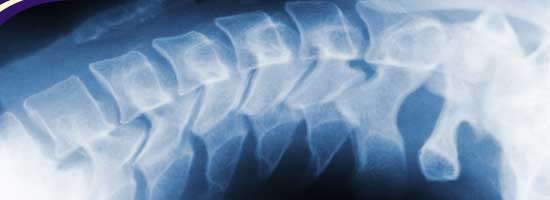Muscle Cancer Away!
The benefits of strength training are well-documented and extensive. From increasing bone density to improving cholesterol, resistance training should be included in any exercise routine. Recent research is showing that people with more lean muscle mass may be at an advantage when it comes to fighting cancer.
A study in the British medical journal Lancet found that cancer patients with increased levels of lean muscle mass lived on average 10 months longer than those with lower muscle mass. While other studies have shown that people who exercise have lower levels of cancer, it is unclear whether lifting weights prior to or after the cancer diagnosis has the greatest effect.
The researchers still are not sure exactly what causes lean mass to have a protective effect. My take would be this- lean muscle mass increases our metabolism, burning fat. Stored fat in the body produces excess estrogen, which has been linked to certain cancers (this is one of the reasons Hormone Replacement Therapy in post-menopausal women increases the risk of cancer). So by reducing fat mass the progression of cancer is slowed.
We also know that fat tissue causes the release of a variety of chemicals called cytokines. These chemicals chronically increase inflammation in the body. It has been well demonstrated that inflammation is the root cause of many types of cancer, as well as cardiovascular disease, Type 2 diabetes, and obesity. People with more lean muscle mass have lower levels of inflammation, and therefore are better prepared to stave off diseases such as cancer.
So get started today! Don’t wait until it’s too late to begin anti-inflammatory (and anti-cancer) habits. Exercise regularly with weights, eat an anti-inflammatory diet (lots of fruits, vegetables, healthy fats and protein), and supplement your diet with quality nutritional products.
If you want the support of physicians trained in natural and preventative medicine, contact our office today. Dr. Walker and Dr. Sancetta can help develop a plan of action for you to achieve your goals!
